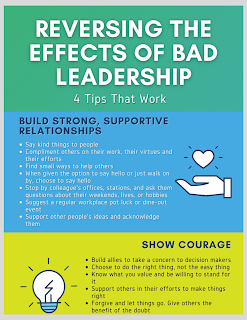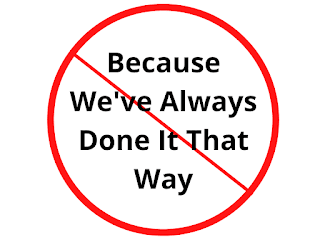The toxic leadership cycle - why do we continue to create poor leaders?

What does it take to be a leader? We can all answer it. We have all been to conferences and training sessions where trainers and delegates alike reel off the values and skills and actions needed to be a ‘good’ leader. Think of the best leader you’ve ever worked for. Seriously, do it now and say their name out loud. They embody all of those values, don’t they? Similarly we all know the traits of a bad leader too. We can probably even name them too. So why do we still hear of toxic schools with toxic leadership? Leaders who feel they need to micromanage, who blame rather than take responsibility and who lack long-term vision. Why are we still creating poor leaders if the elements to make a good one are universally agreed? The problem is that poor leaders are already in leadership roles, we see them behaving in a certain way and we mimic it because we feel that’s the way it should be done. That’s what you have to do when you’re a leader. That’s the way to get the role. They aren’t all

